Sazon Puerto Rican: A Flavorful Journey Through the Heart of Caribbean Cuisine
Table of Contents
Introduction to Sazon Puerto Rican
When it comes to spice, few things are as iconic and beloved as sazon puerto rican. This unique blend of spices isn’t just a seasoning—it’s a cultural treasure that brings the vibrant flavors of Puerto Rico into every dish. Whether you're a seasoned chef or a home cook with a passion for global cuisine, understanding sazon puerto rican can transform your cooking experience. It's not just about adding heat; it's about layering flavors that tell a story of tradition, community, and island life.
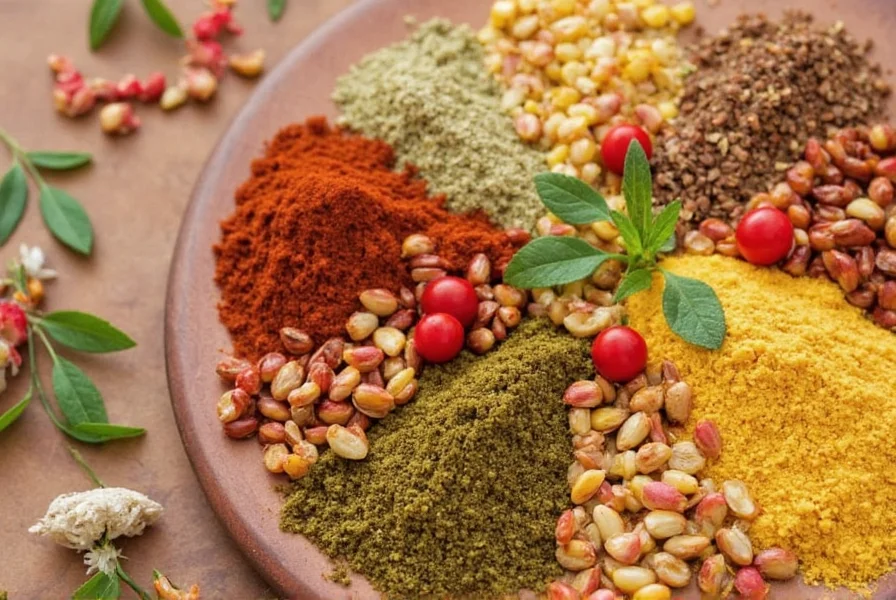
What is Sazon Puerto Rican?
Sazon puertorriqueno (often shortened to sazon) is a traditional spice mix used in Puerto Rican cooking. It's more than just a simple blend of salt and pepper—it’s a carefully crafted combination of herbs, spices, and sometimes even citrus zest. The exact ingredients can vary by brand or region, but common elements include garlic powder, onion powder, oregano, cumin, and paprika. Some versions may also include chili flakes or dried thyme, giving it a deeper, more complex flavor profile.
The term 'sazon' itself translates to 'seasoning' or 'flavor' in Spanish, which perfectly encapsulates its purpose. It's the secret ingredient that elevates everything from rice and beans to grilled meats and stews. In fact, many Puerto Rican dishes rely on sazon to give them that unmistakable, mouthwatering taste that keeps people coming back for more.
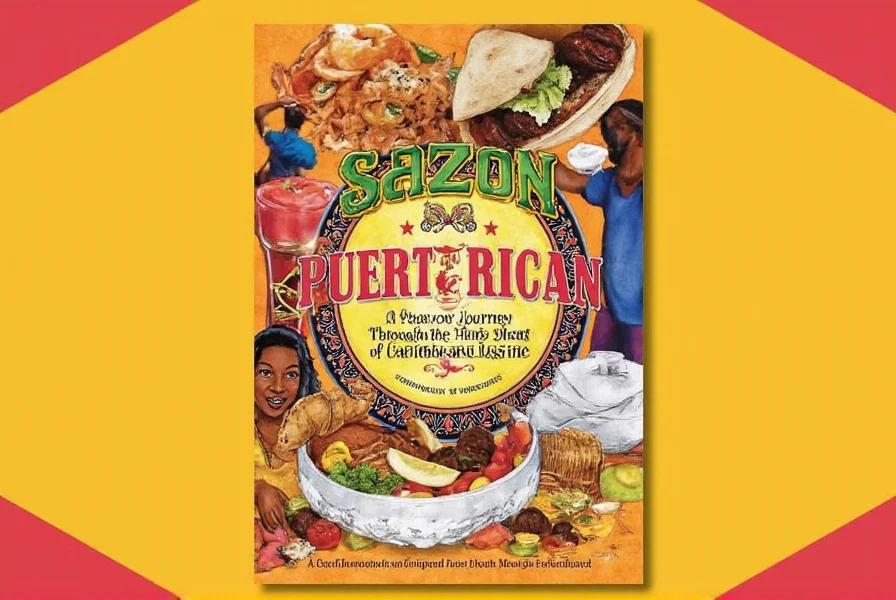
Key Ingredients in Sazon Puerto Rican
To truly appreciate sazon puerto rican, it helps to understand the key components that make it so special. Here’s a breakdown of some of the most common ingredients:
- Garlic Powder: Adds a rich, savory depth to any dish.
- Onion Powder: Enhances the natural sweetness of ingredients while balancing other strong flavors.
- Oregano: A staple in Mediterranean and Latin cuisines, it adds a slightly bitter, aromatic note.
- Cumin: Brings warmth and a smoky undertone, often found in Mexican and Caribbean recipes.
- Paprika: Provides color and a mild, sweet-spicy flavor that complements many dishes.
- Dried Thyme: Offers a subtle, earthy aroma that enhances the overall complexity of the seasoning.
Some variations may also include chili flakes, dried cilantro, or citrus zest, depending on the desired level of heat and freshness.
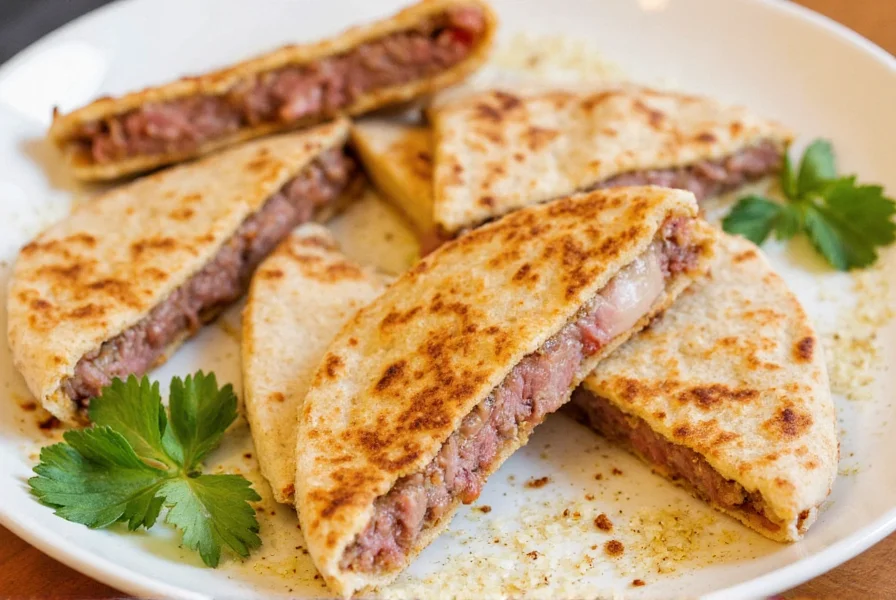
Cooking Tips with Sazon Puerto Rican
Using sazon puerto rican doesn’t have to be complicated—just a little knowledge goes a long way. Here are some practical tips to help you make the most of this versatile seasoning:
- Start Small: Since sazon is quite concentrated, it's best to add a small amount first and adjust to taste. You can always add more, but you can't take it away once it's in.
- Use It in Rice and Beans: These are the cornerstone dishes of Puerto Rican cuisine, and sazon is essential for giving them that authentic, savory flavor.
- Season Grilled Meats: Brush sazon onto chicken, beef, or pork before grilling to infuse it with bold, island-style flavor.
- Enhance Stews and Soups: Add a pinch of sazon to your favorite stews or soups to deepen the taste and bring out the richness of the ingredients.
- Make Your Own Blend: If you want full control over the flavor, try making your own sazon at home using the ingredients mentioned earlier.
One of the best things about sazon is how adaptable it is. Whether you're cooking something traditional or experimenting with new flavors, it can enhance your dish without overpowering it.
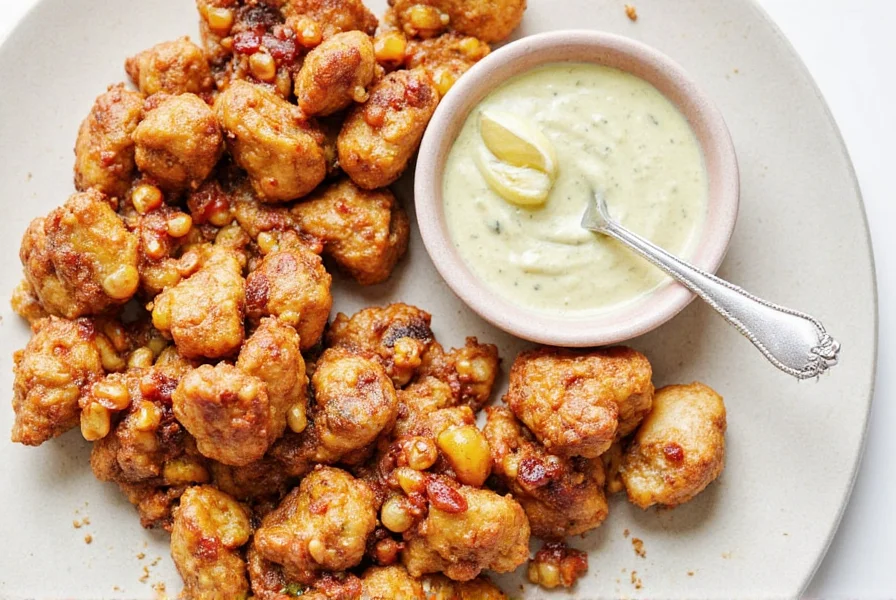
Buying Guide for Sazon Puerto Rican
If you're looking to buy sazon puerto rican, there are several options available depending on where you live and what you're looking for. Here's a quick guide to help you choose the right product:
Popular Brands and Products
| Product | Features | Advantages | Use Cases | Target Audience | Suitable Occasions |
|---|---|---|---|---|---|
| La Voz Sazon | Classic blend with garlic, onion, oregano, and cumin | Consistent quality and strong flavor | Perfect for rice, beans, and meats | Home cooks and casual chefs | Weeknight dinners, family meals |
| Mexi-Cajun Sazon | Includes additional chili flakes and citrus zest | Bolder flavor with a bit of heat | Great for spicy dishes and marinades | Those who enjoy bold flavors | Barbecues, potlucks, parties |
| Caribbean Spice Co. Sazon | Organic and all-natural ingredients | Health-conscious and eco-friendly | Ideal for health-focused recipes | Organic eaters and foodies | Gourmet dinners, special occasions |
When purchasing sazon, look for products that use high-quality, fresh ingredients. Avoid those with excessive fillers or artificial additives. Also, consider the occasion—some blends are better suited for everyday use, while others are perfect for special events or when you want to impress guests.
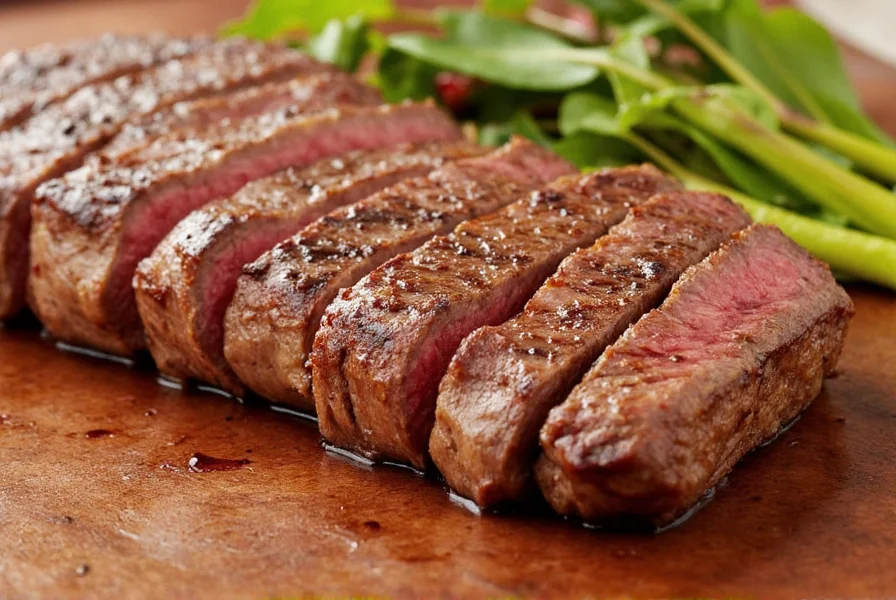
Conclusion
In summary, sazon puerto rican is much more than just a seasoning—it’s a symbol of Puerto Rican culture and culinary heritage. With its rich blend of spices and aromatics, it has the power to elevate any dish and bring the spirit of the Caribbean into your kitchen. Whether you’re a beginner or an experienced cook, incorporating sazon into your recipes can open up a world of flavor and tradition.
So why not give it a try? Experiment with different recipes, explore the various brands, and discover how this incredible spice blend can transform your cooking. After all, as the saying goes, “¡Buen provecho!” (Enjoy your meal!).
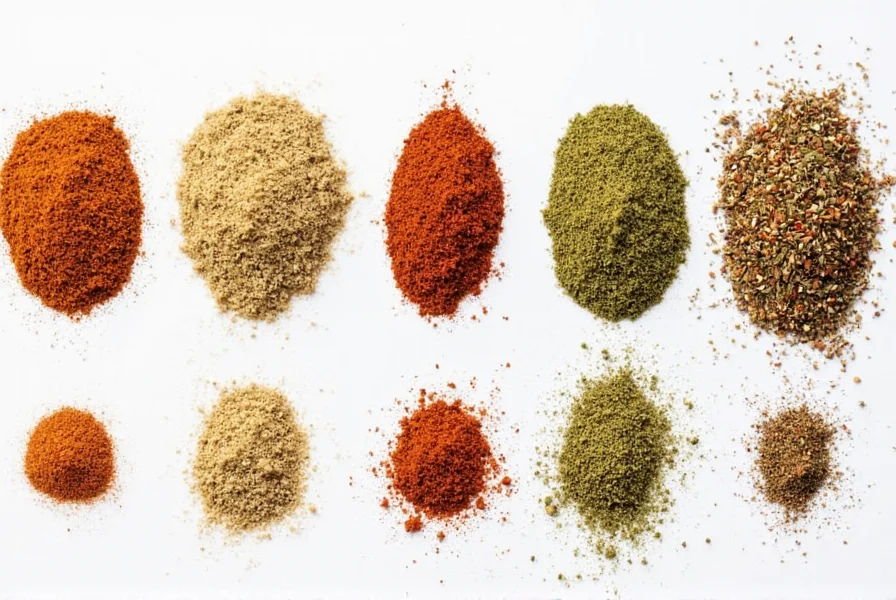
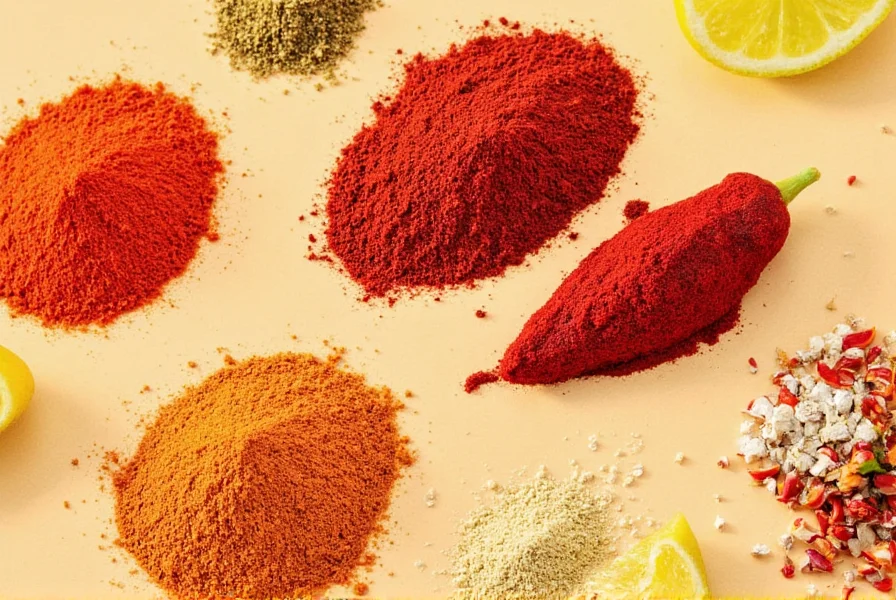
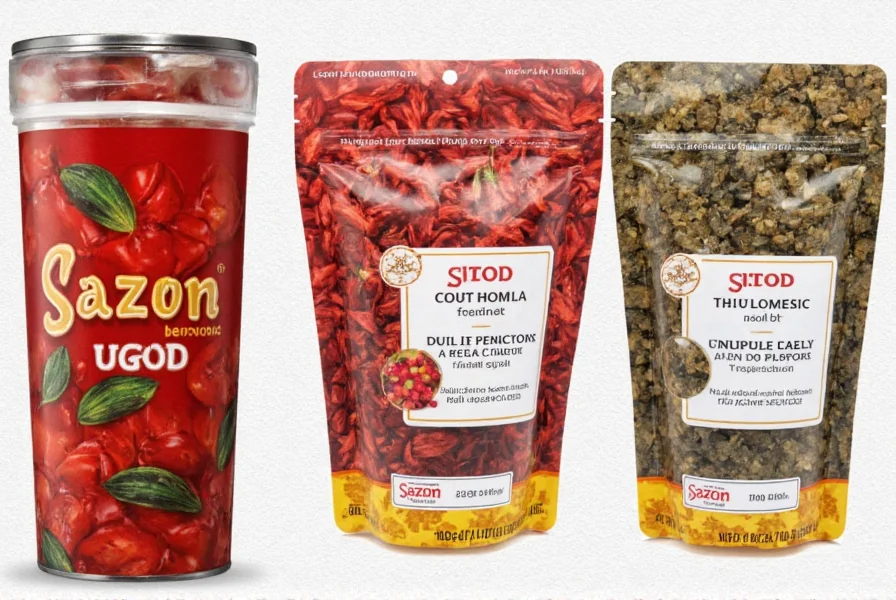










 浙公网安备
33010002000092号
浙公网安备
33010002000092号 浙B2-20120091-4
浙B2-20120091-4